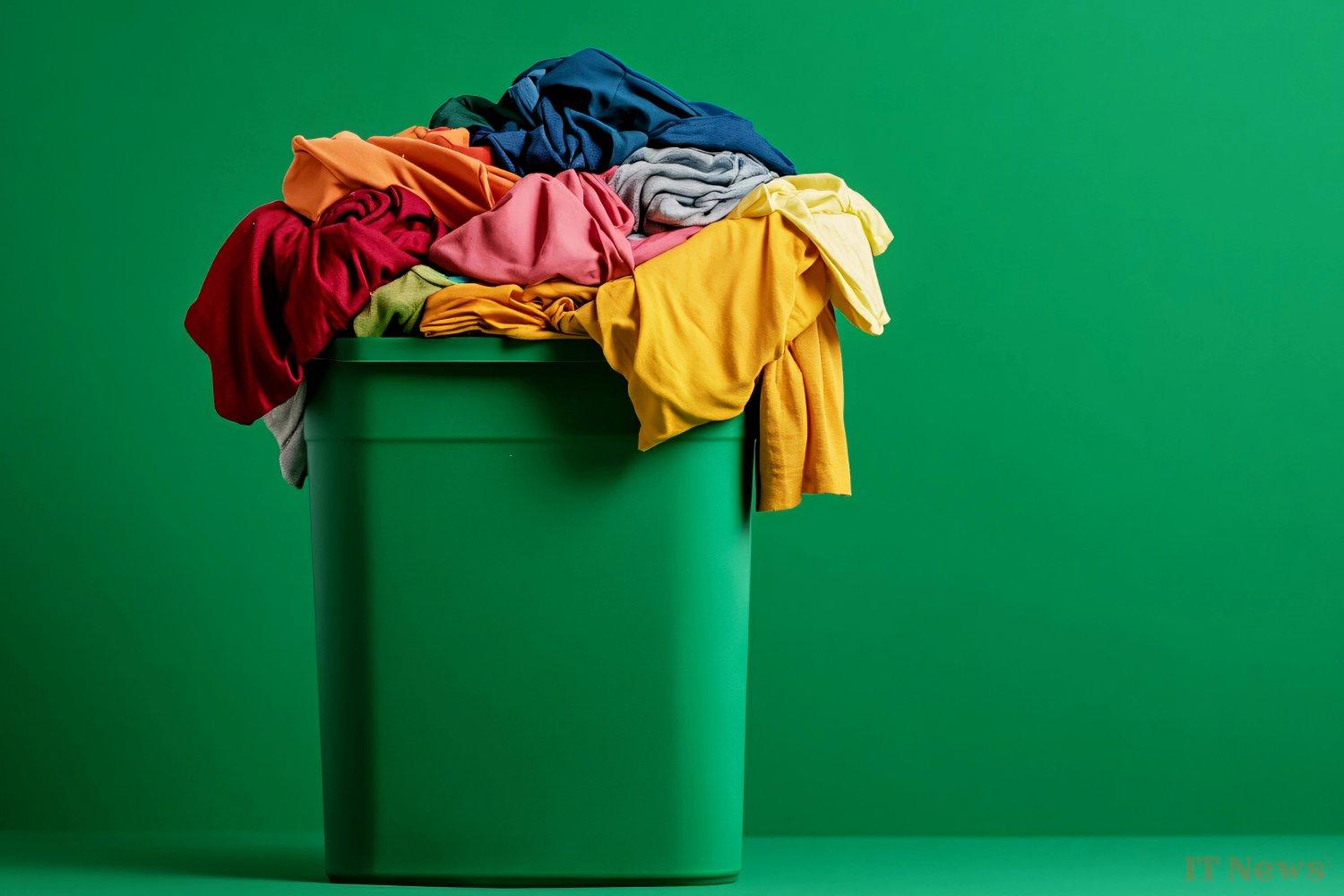Driven by a new proposal for European regulation and the French AGEC law (Anti-Waste for a Circular Economy), this development aims to drastically reduce the environmental impact of one of the most polluting industries in the world. Europe thus wishes to increase the responsibility of producers of textile, clothing and footwear products. In France, the movement has already been underway since this year.
The textile sector: an unsuspected polluter
When we think of the industries that have the greatest impact on global pollution, the oil and food industries quickly come to mind. The textile industry is often underestimated, but its impacts are considerable and multiple. The textile sector consumes a huge amount of water, particularly for growing cotton. It takes around 10,000 litres of water to produce a single kilogram of cotton!
And that's not all. Textile production also uses many chemicals: from pesticides for cotton to dyes and other bleaching agents, the industry has a significant impact on soil and water and potentially harms the health and biodiversity of ecosystems. The entire life cycle of a garment, from production to its end of life, also generates significant greenhouse gas emissions. The transport of textiles, often manufactured far from the places of consumption, increases this carbon footprint. Synthetic textiles, such as polyester, release microparticles of plastic with each wash, polluting the oceans and the food chain.
Finally, only a small fraction of textiles are recycled. The rest is incinerated or ends up in landfill, creating a considerable volume of waste.
Changes in France since January 1, 2025
In a recent provisional agreement, the European Union plans to implement new measures to reduce textile waste in the EU. According to the agreement, countries must set up extended producer responsibility (EPR) systems. Producers, importers and distributors of textiles (clothing, linen, shoes) are thus responsible for managing the end of life of their products. In particular, they must cover the costs of collection, sorting and recycling.
In France, we are already a little ahead. The AGEC law, promulgated in 2020, implements concrete actions against waste and for the circular economy. For example, this law already prohibits the destruction of unsold goods in order to avoid the incineration of unsold products and obliges manufacturers to donate and recycle these products.
Until the end of last year, textile products were not part of the sorting at source, that is to say the sorting carried out by companies according to various categories (paper, glass, plastic, wood, etc.). Since January 1, the textile category has been added and professionals must set up an appropriate sorting system. They are now prohibited from disposing of waste in another category.
It is important to note that, for the moment, only companies with a turnover greater than 10 million euros and delivering at least 10,000 units on the market are affected by the AGEC law. The idea is to gradually reduce these floors to reach more and more companies.
How to contribute at the individual level?
For individuals, even if throwing textiles directly in the trash is not yet punishable by a fine, it is preferable to favor reuse and recycling. To do this, several environmentally friendly options exist.
First of all, it is possible to make donations to associations such as Emmaüs, the Red Cross, Le Relais, or Secours Populaire. These associations collect textiles, even used ones, to redistribute them or resell them at a low price. More than 47,000 collection points are also present in most municipalities, often managed by Le Relais or Refashion. You can drop off clothes, shoes, linen and leather goods there, even damaged ones (unless they are wet or soiled).
Do you prefer to resell? Use online second-hand sales platforms like Vinted, Leboncoin, or Vestiaire Collective to give a second life to items in good condition and earn a little money in the process. And don't forget thrift stores: these physical consignment stores select and resell quality clothing for a commission or buy them directly. Before throwing away a garment, you can also consider upcycling or repairing it to extend the life of the garment.
Towards more responsible consumption?
Beyond sorting obligations, legislation is also used to raise awareness, both among producers and consumers, of the environmental issues of the textile industry. In 2022, the AGEC law notably introduced regulations on product labeling, requiring producers, importers and resellers to highlight the environmental qualities of packaging and products. In textiles, this concerns, for example, the presence of microfibers, or the percentage of recycled materials in packaging or a product.



0 Comments